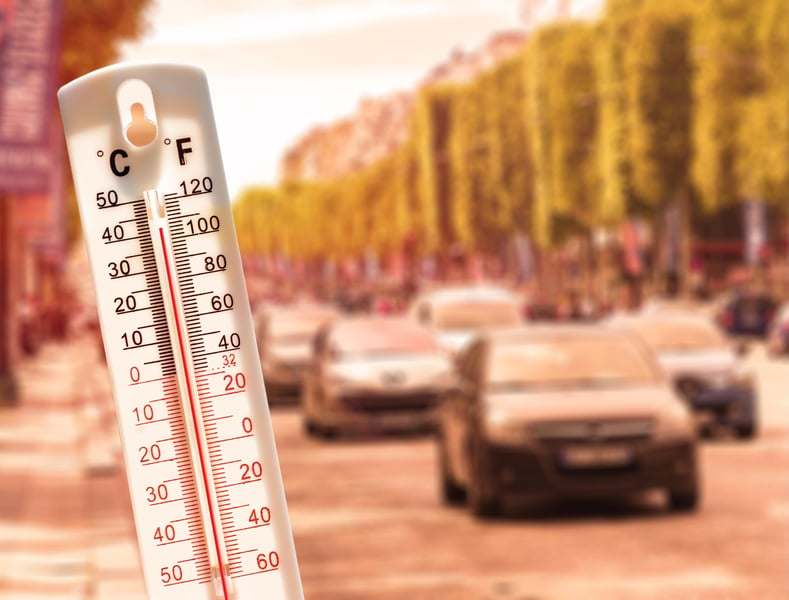Mon-Fri: 8:30a.m.-5:30p.m. | Sat: 9a.m.-12p.m. | Sun. & Major Holidays: Closed
Patient Resources
Get Healthy!
Heat-Related Deaths Could Break Records This Year in Phoenix, America's Hottest City
- September 25, 2023
- Cara Murez
- HealthDay Reporter

Phoenix, already the hottest major city in the nation, experienced its most scorching summer on record this year, new data shows. And that will likely prompt the highest number of heat-associated deaths ever reported in the city in one year.
At this point, Maricopa County public health officials have confirmed 289 heat-associated deaths, the Associated Press reported. As of Sept. 16, another 262 deaths are under investigation for being heat-associated.
Amid an historic heat wave from Texas across New Mexico and Arizona to the California desert, Phoenix had its three hottest months since record-keeping started in 1895, the AP reported.
July had a 31-day streak of days that were at or above 110 degrees Fahrenheit. In 1974, the previous record of 18 straight days was set.
For June, July and August, the daily average temperature in this huge metro area was 97 degrees F, up from 96.7 degrees F three years ago, the AP reported.
It can take weeks and months to confirm whether deaths were heat-related. By this same time last year, there were 80 fewer confirmed heat-associated deaths and 46 fewer under investigation. In late 2022, the county had confirmed 378 heat-associated deaths, but that swelled to 425 after investigations concluded.
Roughly 75% of Maricopa County's confirmed heat deaths were at bus stops, in yards, driveways, parking lots and parks. Another 74 deaths happened indoors, including 63 in homes where air conditioning wasn't working or on, the AP reported.
About 44% of the deaths were among people who were homeless.
Phoenix is hot even now, but temperatures have been gradually dropping, mostly below 100 degrees F, with some variation, the AP reported.
More information
The U.S. Centers for Disease Control and Prevention has more on heat-related illness.
SOURCE: Associated Press

